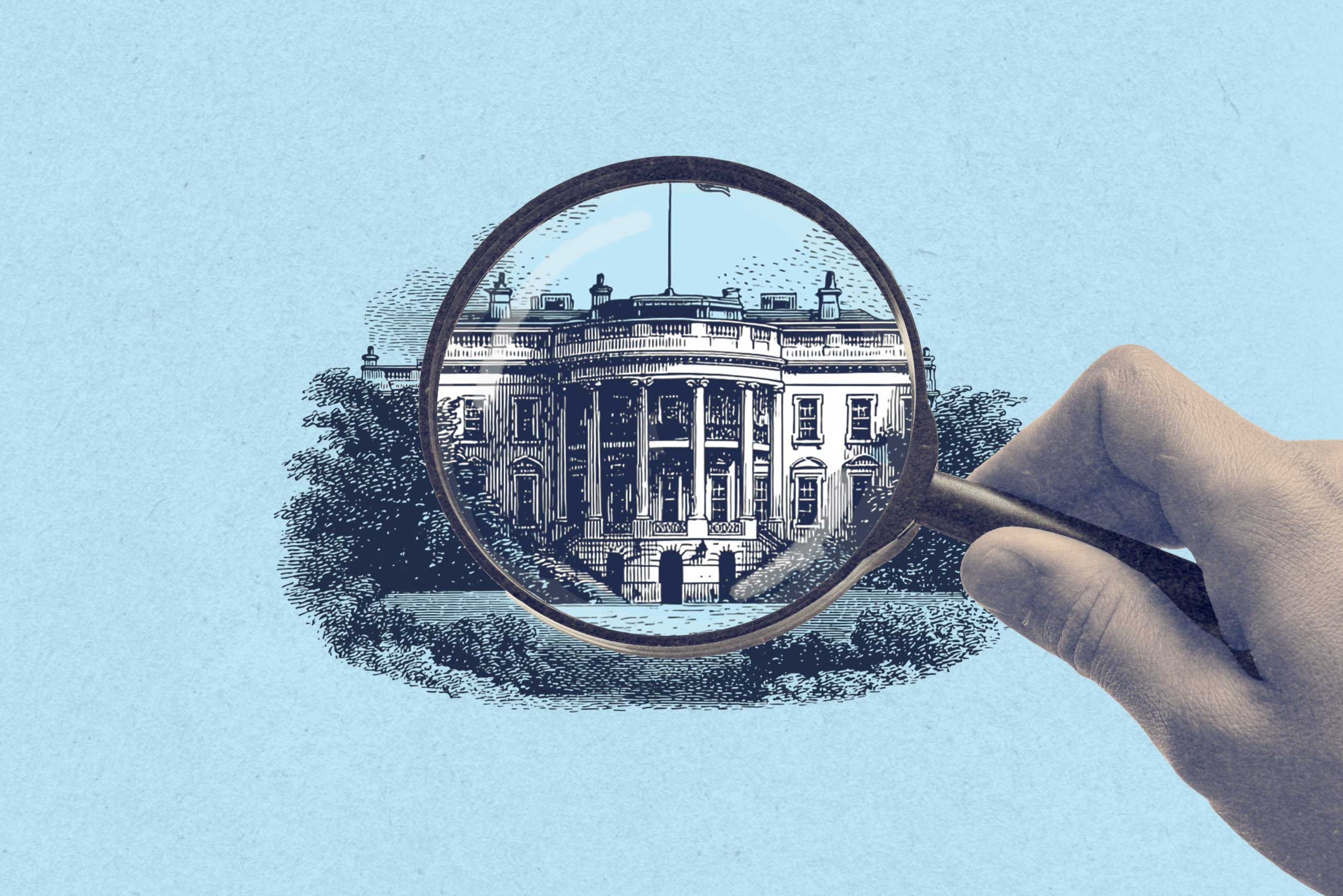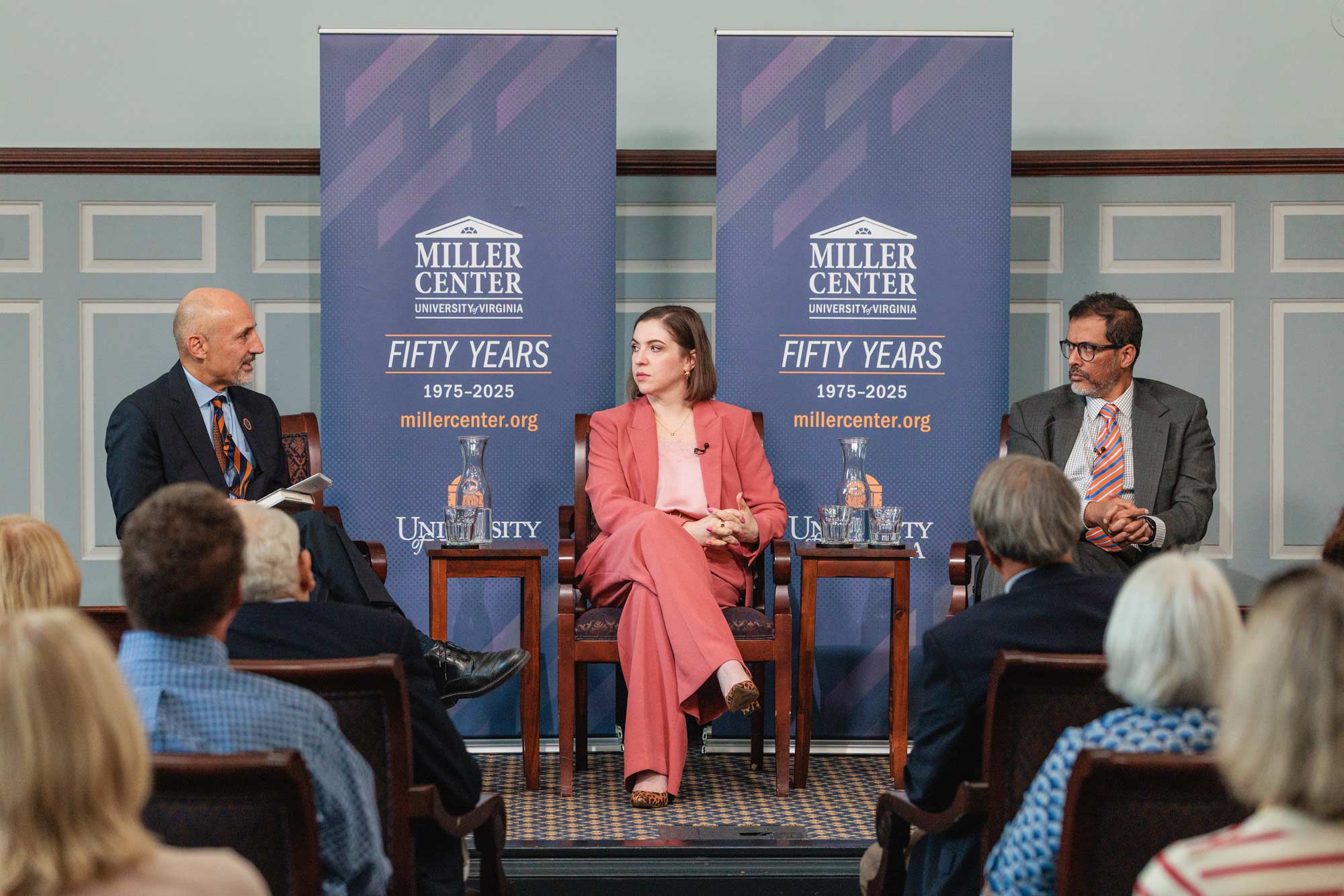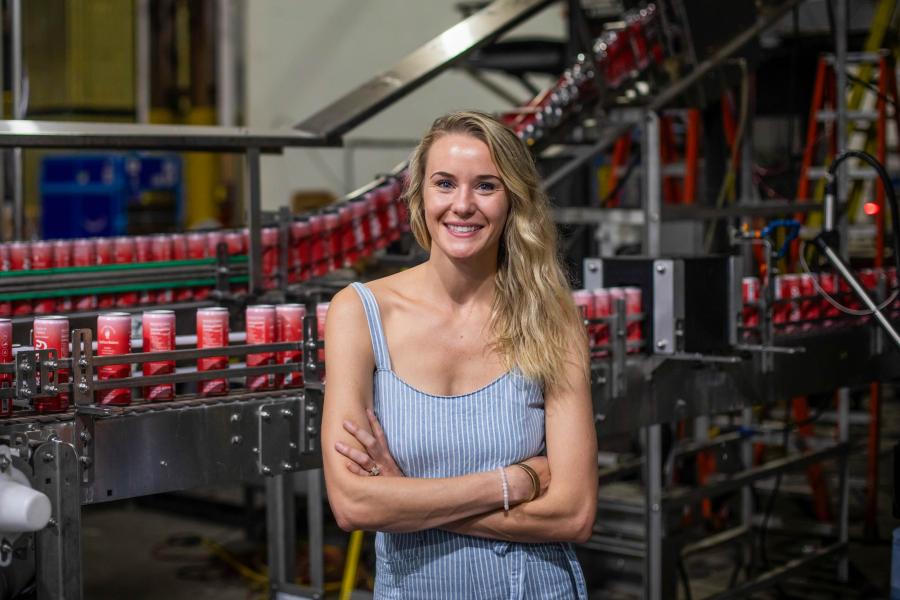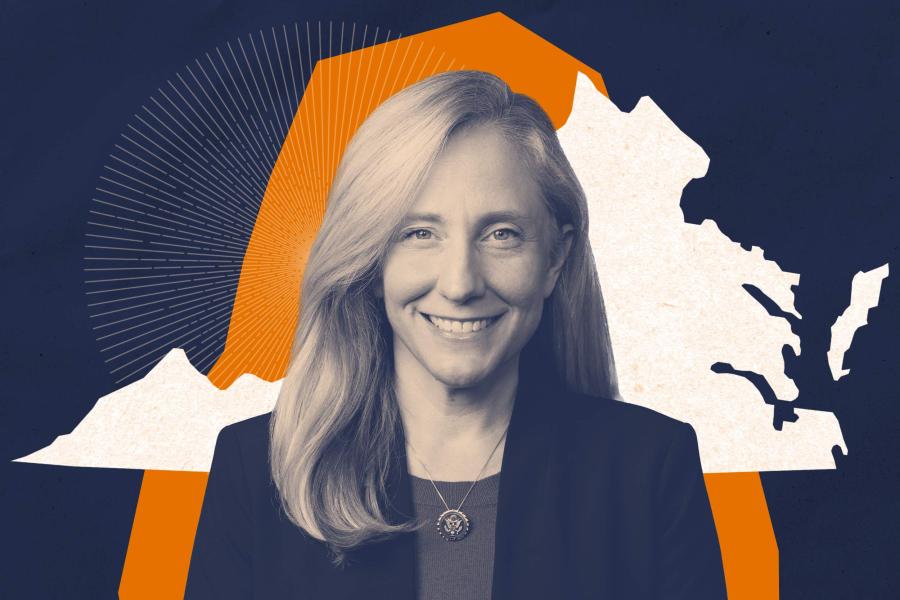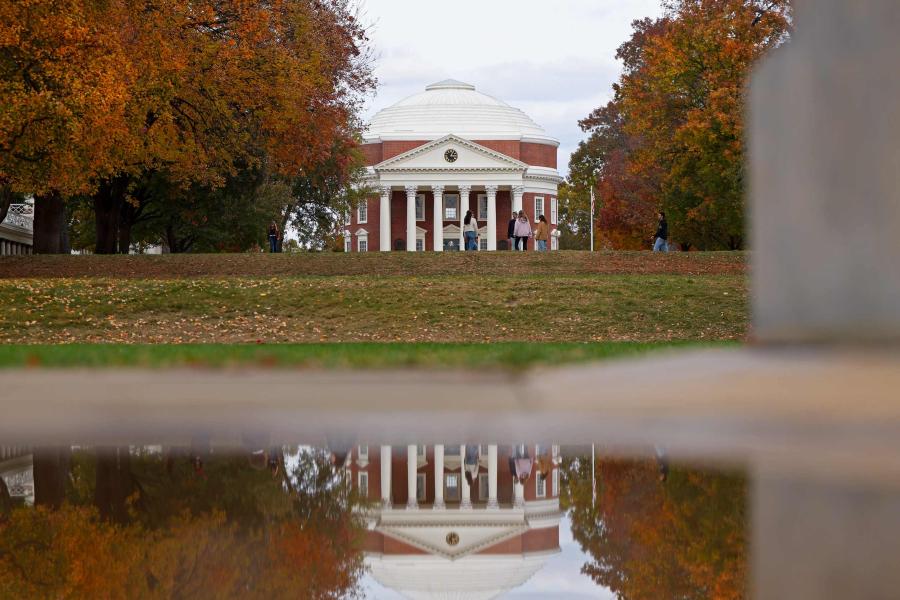American presidents are more powerful, more partisan and more unpopular than ever, and the University of Virginia’s Miller Center wants to know how, why and what can be done about it.
The center will host two dozen experts who have served in presidential administrations, including President Donald Trump’s first term, for a two-day conference Sept. 24-25 to look for reasons and answers.
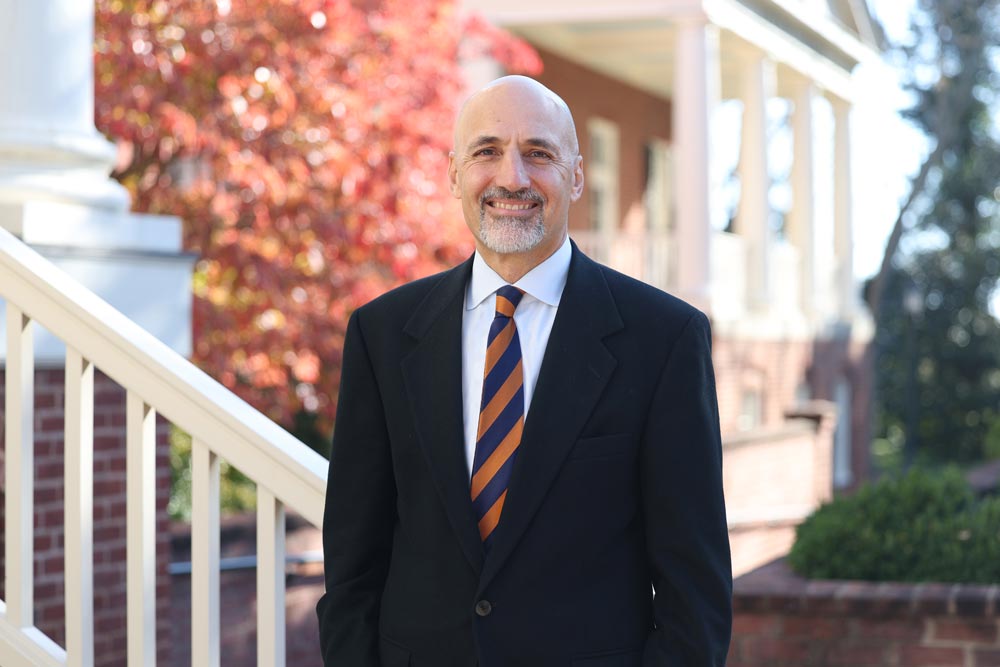
William Antholis, CEO and director of the Miller Center, believes the center’s focus on the presidency and presidents rather than parties has helped it gain access to the inner workings of administrations. (Photo by Matt Riley, University Communications)
The conference, “Toward a More Responsible and Effective Presidency,” will include former and current members of Congress, scholars and journalists, and members of the Miller Center’s governing board, as well as others in the University community.
“It’s about trying to solve a problem. We’re trying to figure out not just how to understand the problem, but if we all agree – Democrats and Republicans – that this is a problem, what are we going to do about it?” said William Antholis, CEO and director of the Miller Center. “The Trump presidency has been proud to embrace this approach. But this is just the latest in a broader trend where presidents use their power toward partisan ends, but that doesn’t necessarily make them more popular.”
The conference is part of a series of events the Miller Center is sponsoring to celebrate its five decades of delving into the U.S. presidency. Since its inception, the center has hosted hundreds of experts in public discussions, conducted numerous seminars, and studied everything presidential from secret White House tapes to oral history interviews with senior officials. The Miller Center’s encyclopedic website hosts more than 5 million unique visitors each year.
Antholis credits his predecessors with building a reputation for nonpartisan excellence. Previous director Philip Zelikow served as executive director of the 9/11 Commission that investigated the 2001 terrorist attacks, reviewing intelligence agencies, law enforcement, diplomacy, immigration and border control, and other aspects of the events. Later, as a member of the center’s faculty, he led the COVID Study Group, producing a comprehensive assessment of how the government prepared and responded to the global pandemic.
Previously, the center had helped host and steer a variety of commissions studying and recommending changes in the selection of federal judges in 1996 and federal election reform in 2001. Under the directorship of former Virginia Gov. Gerald Baliles, the center hosted commissions on presidential war powers in 2009, immigration reform in 2014; and containing health care costs in 2014.
“We are a trusted broker, regardless of your political position or party. People know that this is a place where you can come and have good, fair discussions,” Howard Witt, the center’s director of communications, said. “That’s why we can get Democrats, Republicans, progressives and conservatives to participate.”
It’s part of the Miller Center’s DNA, created a half-century ago when UVA alumnus White Burkett Miller, UVA President Edgar Shannon and then-Virginia Gov. Linwood Holton formed the nonpartisan center. The idea was to create an independent institution to bring scholars, policymakers, students and the public together to solve societal issues.
